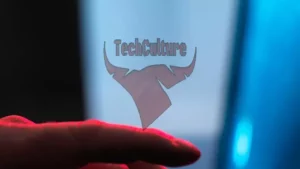In a shocking revelation, tech millionaire Bryan Johnson recently made headlines for his unconventional approach to combatting the effects of aging. Johnson, who has made a name for himself in the tech industry, proudly proclaimed that he donated a liter of his blood plasma to his 70-year-old father in an attempt to slow down the aging process. This bold move has sparked a heated discussion about the boundaries and ethics of biohacking.
While some may view Johnson’s actions as an act of love and devotion towards his father, others are quick to criticize the potential risks and ethical implications of such a procedure. Biohacking, the practice of using technology and science to enhance human capabilities, has gained popularity in recent years. However, the idea of using one’s own blood to rejuvenate another person’s body raises questions about the limits of self-experimentation and the potential for unintended consequences.
Proponents argue that Johnson’s actions represent a new frontier in medical science, where individuals are taking control of their own health and aging process. They see this as an opportunity to explore innovative solutions to age-related ailments and potentially extend human lifespans. However, skeptics worry about the lack of scientific evidence supporting the effectiveness and safety of such interventions, as well as the potential for exploitation and unequal access to these technologies.
As the debate rages on, it is clear that Johnson’s decision to donate his blood plasma to his father has ignited a larger conversation surrounding the boundaries of biohacking and the pursuit of longevity. As society grapples with the ethical implications of these advancements, it is crucial to strike a balance between scientific progress and responsible experimentation to ensure the well-being of individuals and the integrity of medical research.
Read more at Futurism





